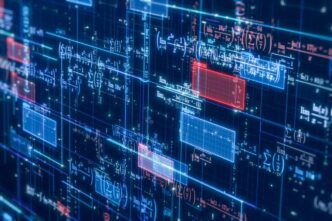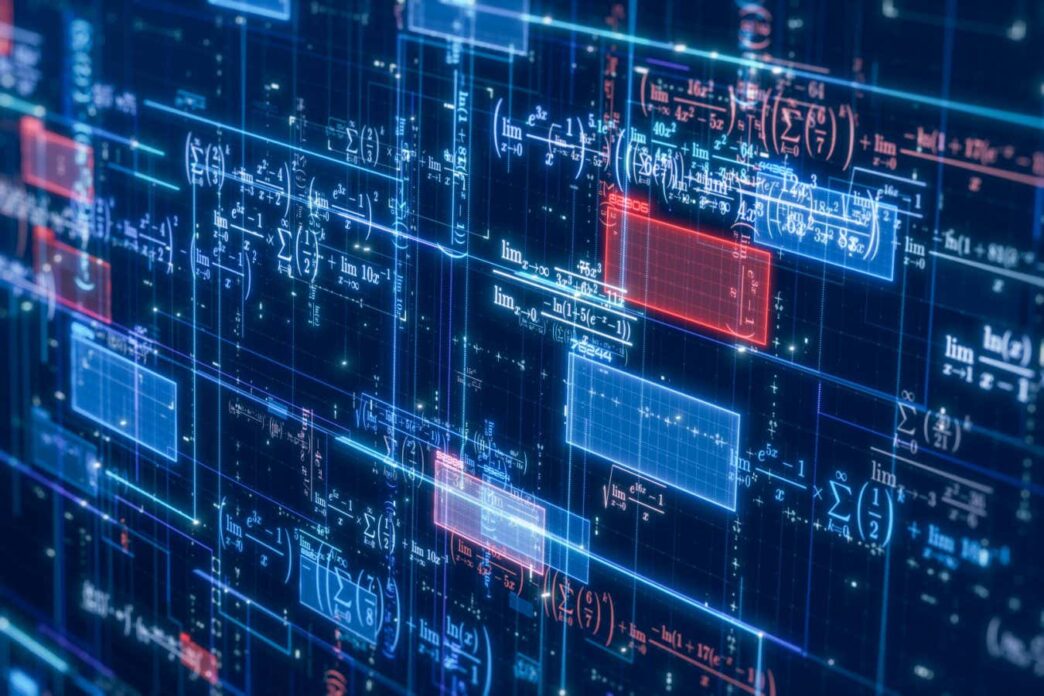Google DeepMind and Morph Labs are pushing AI tools to speed up math research with proof-checking and formalisation.
The core: AI systems are getting sharp at translating and verifying math proofs in formal languages. DeepMind showed off AlphaProof, which nailed a silver medal at last year’s International Mathematical Olympiad and proved parts of the prime number theorem. It can not only compete but also assist with actual research-level math.
Morph Labs rolled out Trinity, an AI that translates handwritten proofs into computer-checked Lean code. At a recent Cambridge meeting, Trinity tackled a 1962 paper related to the ABC conjecture—controversial and complex math territory. The tool automated formalisation step-by-step, impressing some experts as a rare leap.
Kevin Buzzard from Imperial College called it unusual:
“The difference between what Morph did and what had gone before was that they took an entire maths paper, albeit one from 1962 that was only four pages long, a human [then] broke the argument down into small pieces and then a machine just translated the entire thing into Lean.”
Users have caveats. Morph Labs’ Christian Szegedy sees a fast feedback loop ahead once the model needs less hand-holding:
“Once a feedback loop is established and we don’t need the amount of hand-holding that this theorem needed… then it becomes basically a chain reaction and we can do all of mathematics at once.”
But not everyone is sold. Critics flag the limited published info from Morph Labs, questioning the claims and compute required.
Rodrigo Ochigame at Leiden University voices skepticism:
“They posted only a single, possibly cherry-picked, output of their system without writing a paper or sharing basic information about their methods. They didn’t even say if they tested their system on any other theorems.”
Timothy Gowers of Cambridge expects change but warns it will vary among mathematicians:
“It will just take some work to create them, and there seem to be a lot of people who are keen to do precisely that, so I think that over the next few, and I really mean few, anything from one to five years, there will have been changes to how we do maths that will rival in importance the changes to mathematical practice brought about by email, LaTeX [the standardised maths notation], arXiv [an online paper repository] and Google.”
Maths research with AI tools is heating up but remains far from a settled game-changer. The gap between contest problems and cutting-edge research still looms large.
Rodrigo Ochigame again:
“People underestimate the complexity, creativity and subtlety of mathematical research. There is a huge gap between high school math competitions, such as the IMO, and cutting-edge research.”
Image credit: lucadp/Getty Images














